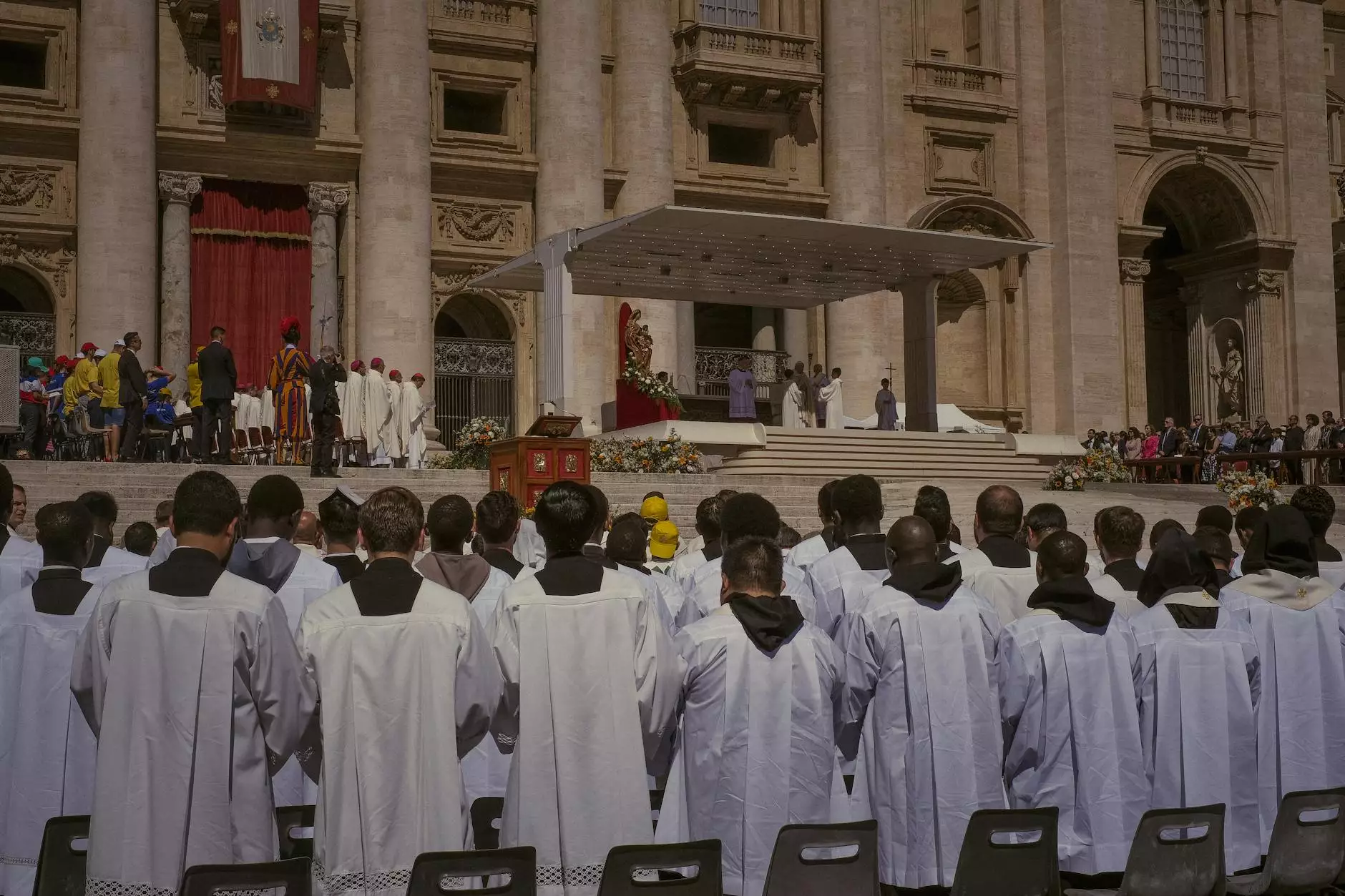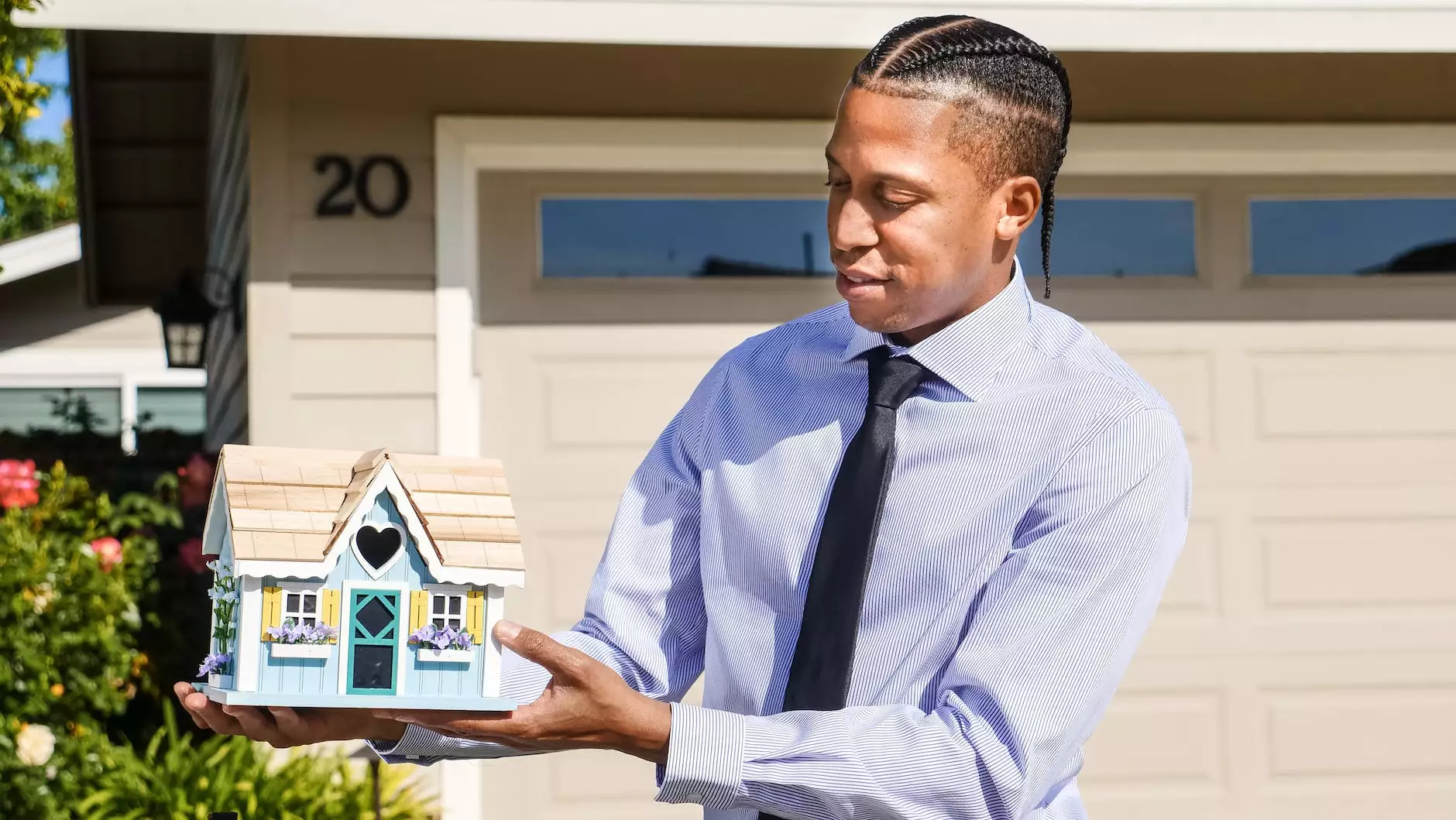Exploring the Heart of Spirituality: The Influence of Churches in Brooklyn

Churches in Brooklyn are not just places of worship; they are vibrant hubs of community life, cultural heritage, and spiritual growth. The unique blend of history, architecture, and the diverse population of Brooklyn contributes to a rich tapestry of religious expression. This article delves deep into the multifaceted roles that churches play in the lives of Brooklyn residents, illustrating their significant impact on both individual lives and the broader community.
1. The Historical Significance of Churches in Brooklyn
The history of Brooklyn is deeply intertwined with the growth and development of its churches. Many of these institutions have stood for over a century, serving as landmarks that narrate the city's evolving story. Several churches feature stunning architectural designs that reflect various periods of Brooklyn's history:
- Historic Locations: Churches like the Brooklyn Tabernacle and the First Unitarian Congregational Society serve as reminders of the past, showcasing beautiful stained glass windows and intricate woodwork.
- Architectural Styles: From Gothic Revival to Romanesque structure, the diversity of architecture found in Brooklyn's churches speaks to the cultural melting pot that is Brooklyn.
2. Community Engagement and Social Services
Beyond their spiritual functions, churches in Brooklyn are leaders in community engagement. They play a vital role in providing social services and support to the local population. Churches often host a variety of programs aimed at addressing the needs of the community:
- Food Pantries: Many churches to provide food assistance to those in need, ensuring that no one goes hungry.
- Support Groups: Churches serve as safe spaces for support groups, offering resources for individuals struggling with addiction, grief, or personal challenges.
- Youth Programs: Many local churches foster youth development through after-school programs, mentorship opportunities, and educational scholarships.
3. Spiritual Growth and Worship
At the core of any church's mission is the desire for spiritual growth and worship. Whether through traditional or contemporary styles of worship, each church in Brooklyn offers unique opportunities for individuals seeking connection with their faith. Some key aspects are:
- Diverse Worship Styles: Churches may vary significantly in their worship styles, from traditional liturgies to contemporary music, providing a breadth of options to the community.
- Educational Opportunities: Many churches also offer Bible studies, prayer meetings, and workshops that cater to different age groups and spiritual needs.
- Interfaith Collaborations: With Brooklyn being a hub of diversity, interfaith collaborations among churches promote understanding and tolerance among different religious communities.
4. Cultural Contributions and Community Events
Churches in Brooklyn often act as cultural beacons, hosting events that bring the community together and promote local culture.
- Festivals and Celebrations: Churches celebrate various religious holidays and community events, inviting locals to participate in festivities, thus strengthening community bonds.
- Art and Music: Many churches sponsor art exhibits and musical performances that showcase local talent while enriching the cultural landscape of Brooklyn.
- Community Service Days: Church-led service days encourage members and community members to come together for beautification projects, clean-ups, and volunteering at local shelters.
5. A Diverse Spiritual Landscape
Brooklyn’s churches reflect the borough's multicultural population. From Catholic cathedrals to vibrant African American churches to Haredi synagogues, this diversity fosters a rich blend of spirituality. This mix enhances the understanding of religion and community in profoundly collaborative ways:
- Multilingual Services: Many churches offer services in multiple languages, accommodating the linguistic diversity of Brooklyn's residents.
- Community Forums: Churches often host forums on social issues, encouraging dialogue that promotes peace and understanding.
- Cultural Education: Churches play a role in educating members about different cultures and religions through workshops and guest speakers.
6. The Future of Churches in Brooklyn
As society continues to evolve, so too do the missions and functions of churches. In response to the contemporary challenges faced by urban communities, churches in Brooklyn are adapting to remain relevant:
- Embracing Technology: Many churches are utilizing social media and virtual services to reach wider audiences, particularly during challenging times like the pandemic.
- Focus on Mental Health: An increasing emphasis on mental health is evident, with churches offering resources and counseling to support the emotional well-being of their congregations.
- Greener Practices: Some churches are adopting environmentally sustainable practices, reflecting a growing commitment to stewardship of the Earth.
Conclusion: A Tapestry of Faith in Brooklyn
In conclusion, the churches in Brooklyn serve as vital components of the borough’s identity, enriching the cultural and spiritual landscape while fostering community connections. These places of worship are not limited to spiritual guidance but expand their reach into various societal needs. They are institutions of hope, resilience, and growth, contributing significantly to making Brooklyn a uniquely vibrant place.
As we look to the future, the ongoing transformation and adaptation of these spiritual hubs ensure that they will continue to play an essential role in shaping the lives of their communities, providing support, inspiration, and connection for generations to come.
For more insights on religious organizations and their impact on communities, visit us at zion.nyc.
church brooklyn








